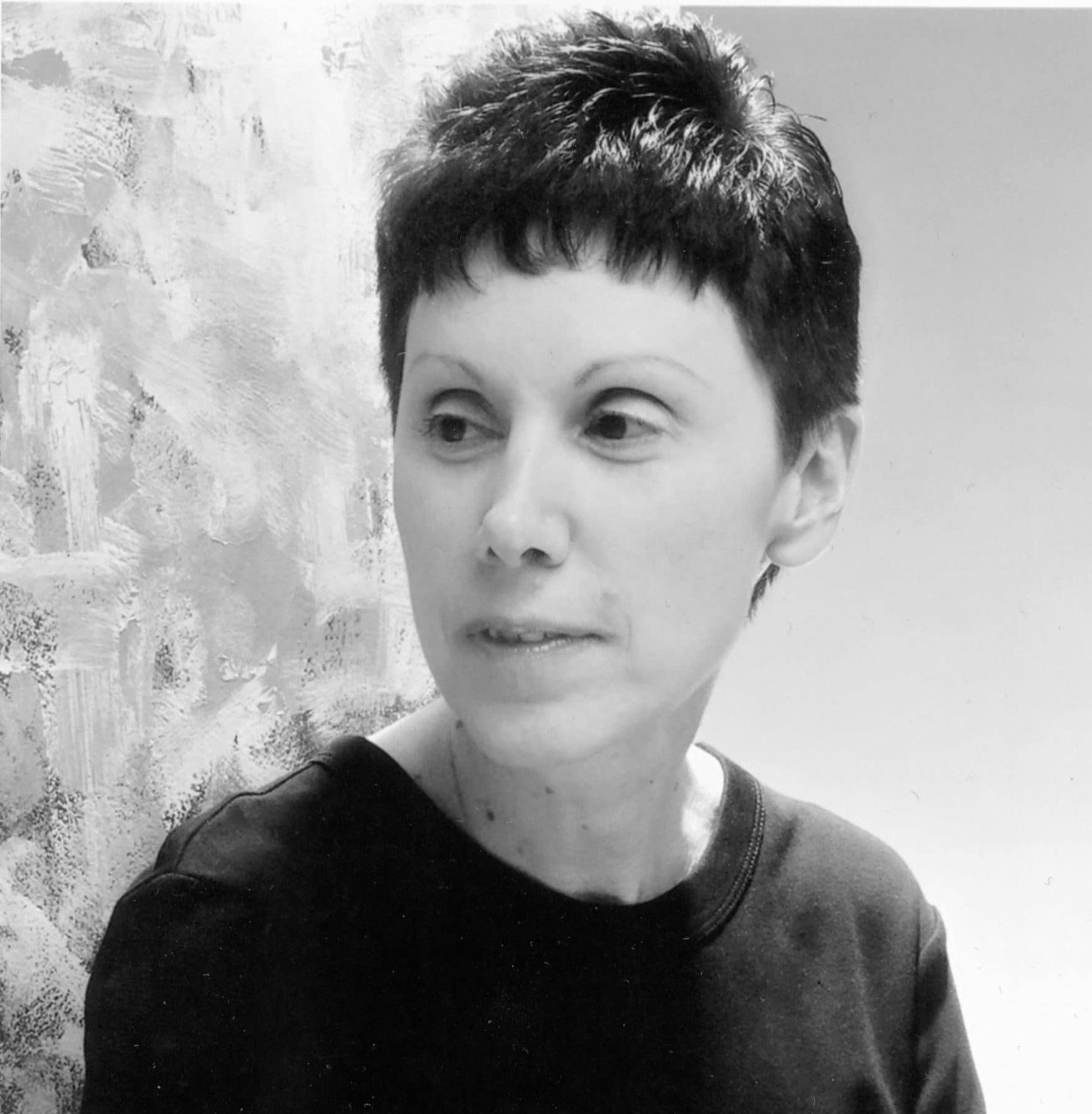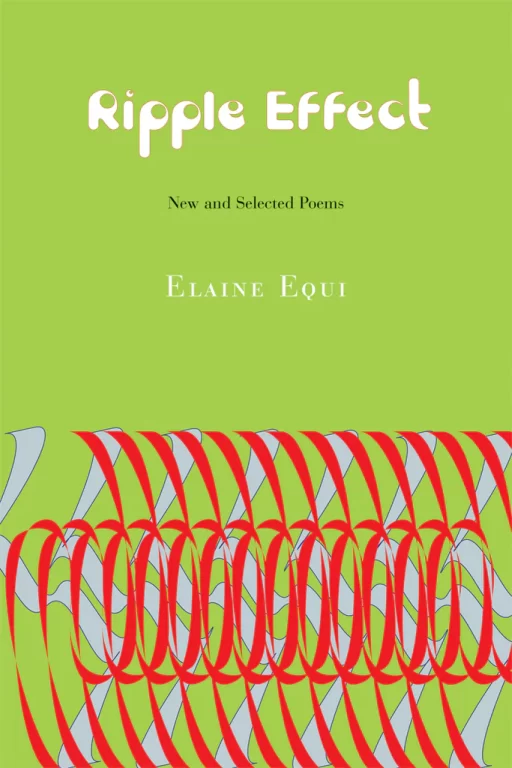
Elaine Equi grew up in Chicago and the outlying suburbs, graduating from Columbia College. During the late 1970s and early 1980s, she and her husband, the poet Jerome Sala, were at the forefront of Chicago’s lively performance poetry scene. Equi is the author of more than 10 poetry collections including The Cloud of Knowable Things and Voice-Over, which won a San Francisco State University Poetry Center Award. Ripple Effect: New and Selected Poems was also nominated for a 2007 Los Angeles Times Book Prize. Widely published and anthologized, her work has appeared in a number of Best American Poetry compilations as well as in publications such as The New Yorker and American Poetry Review. Equi lives in New York with her husband and teaches at New York University and in the MFA programs at The New School and City College.

Judges’ Citation
Her poems don’t try to change the world, but as they rifle through it, pausing to think about sleeping pills or sales catalogs or Wang Wei or ‘a factory made fresh by broken windows’ they use their abundant resources of humor, intelligence and verbal acuity to change the way we, as readers, see the world. Which is the mark of true poetry.
In a warmly appreciative essay on Frank O’Hara, Elaine Equi gives a description of the poet’s distinct way of walking, as recalled by his friend Joe Brainerd: “Light and sassy. With a slight bounce and a slight twist. It was a beautiful walk. Confident. ‘I don’t care’ and sometimes ‘I know you are looking.’” The words could stand as an accurate description of Equi’s own highly distinct poems. They too move with a bounce and twist; they have their own insouciant, confident wit, their own beautifully poised way of looking outward at the world in all its quirky variousness, while at the same time retaining an uncompromised inwardness: the registering of a complex, sophisticated poetic self. Founded on a casual mastery of modernist and post-modernist techniques – montage, free-form improvisation, prose-poem, surreal inventory, found object – her work is at once impeccably avant garde and immensely enjoyable: a rare combination. Her poems don’t try to change the world, but as they rifle through it, pausing to think about sleeping pills or sales catalogs or Wang Wei or ‘a factory made fresh by broken windows’ they use their abundant resources of humor, intelligence and verbal acuity to change the way we, as readers, see the world. Which is the mark of true poetry.
Selected poems
by Elaine Equi
I’ve always liked reading poetry in translation. In fact, I prefer it that way.
Poetry is the sound one language makes when it escapes into another.
Whatever you think you’ve missed is, as the saying goes, better left to the imagination.
It gives even a mediocre poem an ineffable essence.
Greater involvement on the part of the reader leads to greater enjoyment.
A bad translation, a clumsy one, is especially charming.
The poem is whatever cannot be killed by the translator.
Its will to survive, its willingness to be uprooted and flee its homeland is admirable. I almost want to say virile.
An untranslated poem is too attached to its author. It’s too raw.
An untranslatable poem that hordes its meaning, whose borders are too guarded, is better unsaid.
For years, I copied authors from around the world. Then one day it occurred to me, perhaps it’s the translator I imitate, not the poet. This idea pleases me and makes me want to write more.
It would be great to learn French in order to read William Carlos Williams.
Translators are the true transcendentalists.
Copyright © 2007
Found in Translation
Q:
What is your favorite element?
A:
Definitely air. It’s the medium of thought.
Ethereal. Invisible. And even better than air,
I love heights. I’m the opposite of someone with
acrophobia. Space travel sounds appealing.
Q:
Which element do you like least?
A:
Water. It makes me nervous. You can’t walk on it.
Both my parents are Pisces so perhaps that explains …
I’m a terrible swimmer.
Q:
Being a Leo, do you feel at home with fire?
A:
I like light, but not heat. I don’t even like hot
sauce. I could never see myself as a pyromaniac.
Q:
Which brings us to earth, what associations do you have with it?
A:
The earth has always supported me in all my
endeavors. I trust it.
Copyright © 2007 Elaine Equi
I Interview Elaine Equi on the Four Elements
Even with its shitload of artifacts, the everyday
is radiant, while the banal is opaque and often
obscure. I prefer the latter, with its murky
agate, mushroom, ochre background music –
its corridor of lurk. One hardly knows where
one stands with/in the banal. Walls come
together with hardly a seam. Wherever we are, we
feel we have always been. Poe, for all his special
effects, is rather banal in his approach to the
supernatural, i.e. overly familiar. Against the
inarticulate velvet of this mood, one grasps at
the everyday for relief. Thus any object can
bring us back with the fast-acting power of
aspirin. Any object shines.
Copyright © 2007 Elaine Equi